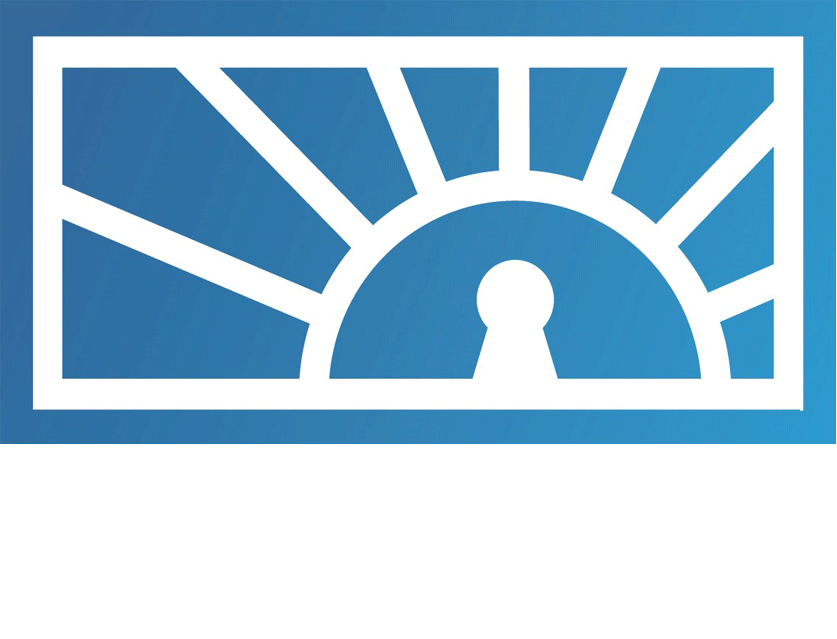Training
Prevention Services provides free training to the public. For organizations with ten or more to be trained, we will bring training to you. To register for training, discuss bringing any of these trainings to your organization or for any questions, please contact Support Services.
More Than Sad - Suicide Prevention Education for Teachers and Other School Personnel
The American Foundation for Suicide Prevention (AFSP) developed this educational program to help increase teachers’ knowledge and understanding of suicidal behavior in youth - its causes, treatment and prevention. Equipped with such knowledge, teachers will be better prepared to identify and refer students who may be a risk for suicide. The program targets school personnel and training time is approximately 2 hours. A program manual is provided.
——————————————————-
More Than Sad - Suicide Prevention Education for Parents
AFSP developed this educational program to help increase parents’ knowledge and understanding of suicidal behavior in youth-its causes, treatment and prevention. Equipped with such knowledge, parents will be better prepared to identify and refer students who may be a risk for suicide. The program targets parents and training time is approximately 2 hours.
——————————————————-
More Than Sad - Teen Depression
AFSP developed More Than Sad: Teen Depression to show young people and those close to them what depression looks like in adolescents and how it can be treated. The key aims in the 26 minute film are to help teens recognize depression in themselves or their friends and encourage them to seek help. The program targets teens ages 14 to 18 and training time is approximately an hour. It is recommended to only in small group settings, like a classroom, so students have the opportunity to have a discussion.
SafeTALK is a half-day training program that teaches participants to recognize and engage persons who might be having thoughts of suicide and to connect them with community resources trained in suicide intervention. SafeTALK stresses safety while challenging taboos that inhibit open talk about suicide. The program recommends that an ASIST-trained resource or other community support resource be at all trainings. The ‘safe’ of safeTALK stands for ‘suicide alertness for everyone’. The ‘TALK’ letters stand for the practice actions that one does to help those with thoughts of suicide: Tell, Ask, Listen, and KeepSafe 3 hours
Talk Saves Lives is a brief introduction to suicide prevention. Training includes learning the warning signs and risk factors of suicide, and how to prevent it. It is provided for the general public and training time is approximately an hour.
Youth Mental Health First Aid is designed to teach parents, family members, caregivers, teachers, school staff, peers, neighbors, health and human services workers, and other caring citizens how to help an adolescent (age 12-18) who is experiencing a mental health challenge, addictions challenge, or is in crisis. Youth Mental Health First Aid is primarily designed for adults who regularly interact with young people. The course introduces common mental health challenges for youth, reviews typical adolescent development, and teaches a 5-step action plan for how to help young people in both crisis and non-crisis situations. Topics covered include anxiety, depression, substance use, disorders in which psychosis may occur, disruptive behavior disorders (including AD/HD), and eating disorders. Training is approximately one day or 8 hours that can be delivered in two four hour days. Participants will receive a participant manual.
ASIST - Applied Suicide Intervention Skills Training (ASIST) is for everyone 16 or older—regardless of prior experience—who wants to be able to provide suicide first aid. Shown by major studies to significantly reduce suicidality, the ASIST model teaches effective intervention skills while helping to build suicide prevention networks in the community. Time: 16 hours
ACE
ACE - Childhood experiences, both positive and negative, have a tremendous impact on future violence victimization and perpetration, and lifelong health and opportunity. As such, early experiences are an important public health issue. Much of the foundational research in this area has been referred to as Adverse Childhood Experiences (ACEs). Ace Interface is an educational tool used to provide a bridge and connecting point for disciplines and service sectors and diverse communities.
revive!
REVIVE! is the Opioid Overdose and Naloxone Education (OONE) program for the Commonwealth of Virginia. REVIVE! provides training to professionals, stakeholders, and others on how to recognize and respond to an opioid overdose emergency with the administration of naloxone (Narcan ®). REVIVE! is a collaborative effort led by the Virginia Department of Behavioral Health and Developmental Services (DBHDS) working alongside the Virginia Department of Health, the Virginia Department of Health Professions, recovery community organizations such as the McShin Foundation, OneCare of Southwest Virginia, the Substance Abuse and Addiction Recovery Alliance of Virginia (SAARA), and other stakeholders.








